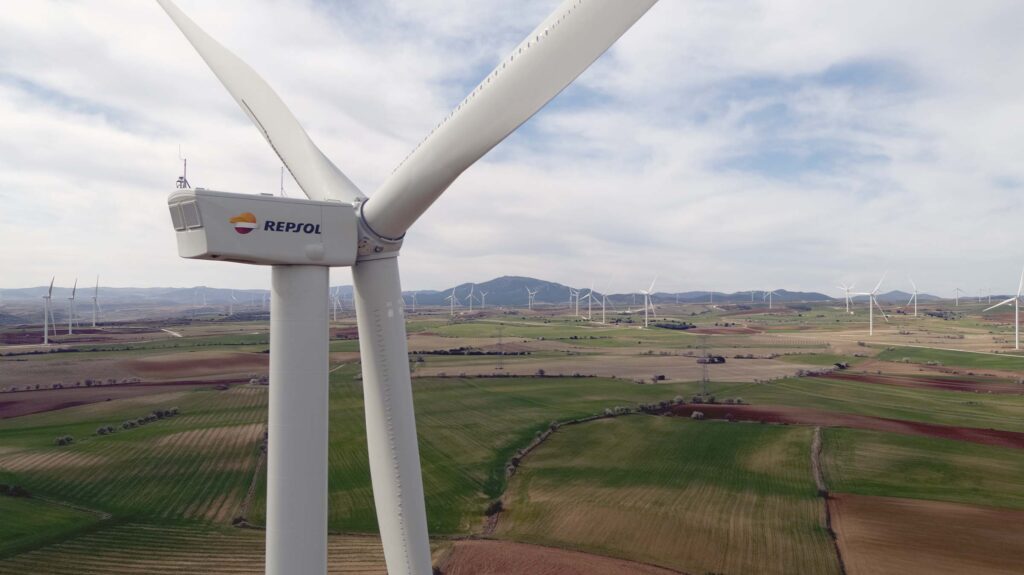Our mission is to enable a sustainable energy future
Our project successes are built on a foundation of rigorous screening and site selection, collaborative engagement with landowners and communities, and disciplined execution through development, construction and operations.


Our Approach to Project Development
Clean energy is set to become America’s primary power source and annual installations of wind, solar, and battery storage will more than triple by the end of the decade. We strive to ensure our projects contribute to the advancement of the industry while benefitting the communities in which we develop.
Our approach is to work with communities over time to develop projects. Successful project development and execution requires substantial and widespread participation from a diverse group of stakeholders. We work with communities over the long term – establishing and maintaining close relationships with landowners, public officials, customers and suppliers.
We deeply value stakeholder input and involvement. If you are a landowner, community leader or vendor, and are interested in working with ConnectGen, please contact us.
Our Company
ConnectGen is wholly-owned by Repsol, a global multi-energy company that leads the energy transition and has set itself the goal of being zero net emissions by 2050.
Industry Participation
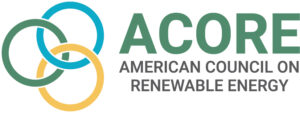

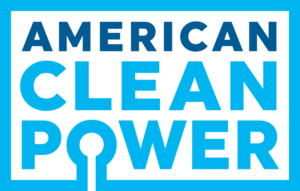
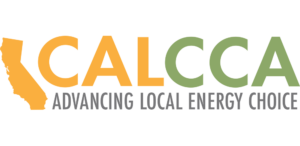
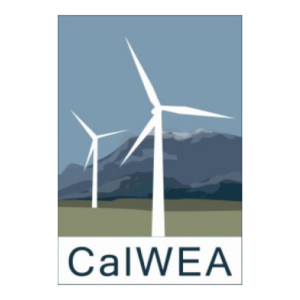

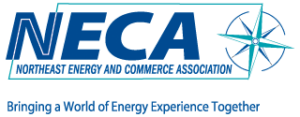






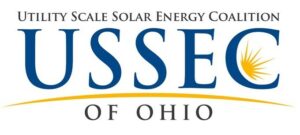


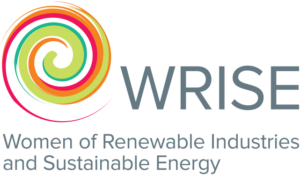

Our Ways of Working





Our Sustainability Approach
At ConnectGen, we take our commitment to bettering America’s energy future seriously. Environmental responsibility is demonstrated in the following ways:

ConnectGen used green building principles when designing its office space, which is LEED Gold certified by the U.S. Green Building Council. In addition, the ConnectGen office space is located in a building which itself is LEED Gold certified.





